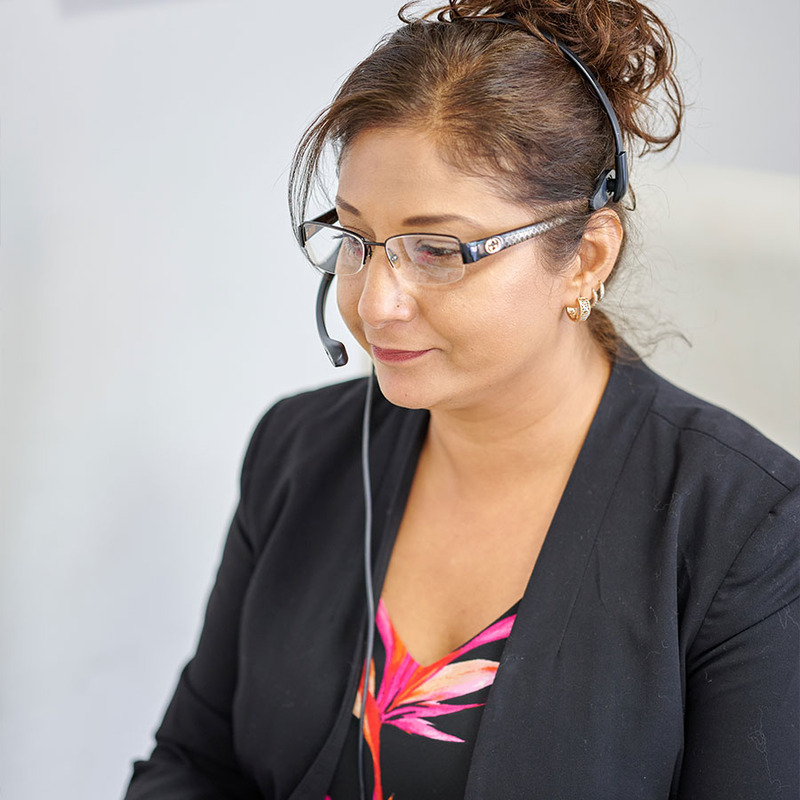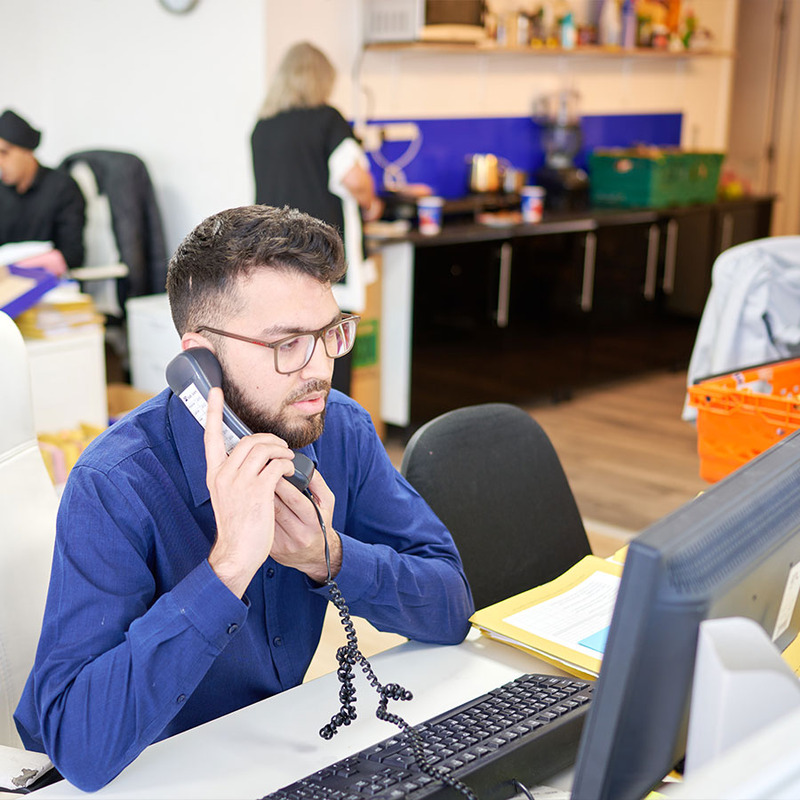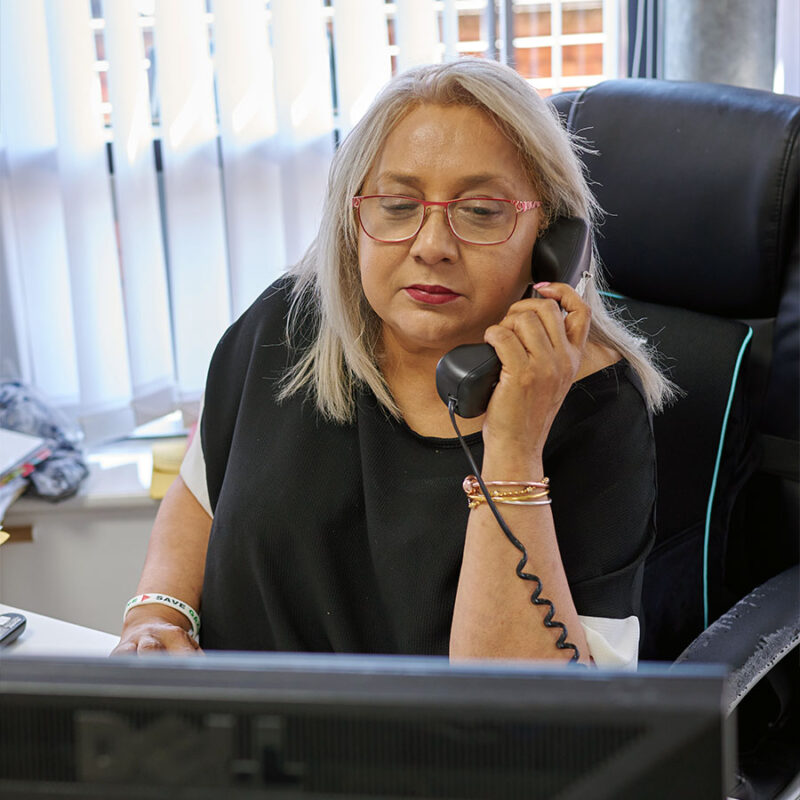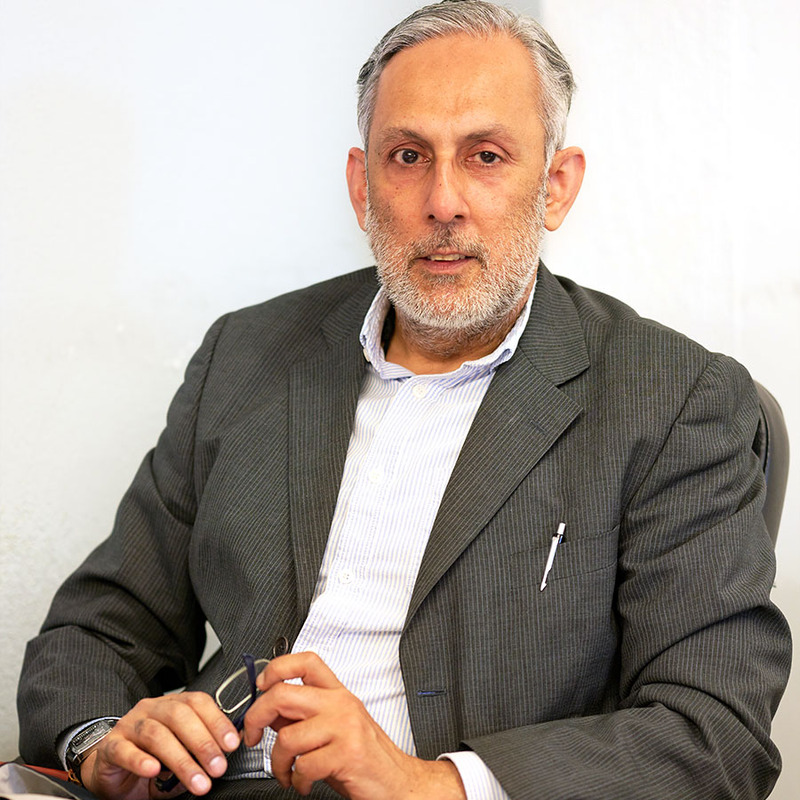Are you a European National?
The EEA includes all countries in the EU and Iceland, Liechtenstein and Norway.
EEA countries include Austria, Belgium, Bulgaria, Croatia, Republic of Cyprus, Czech Republic, Denmark, Estonia, Finland, France, Germany, Greece, Hungary, Ireland, Italy, Latvia, Lithuania, Luxembourg, Malta, Netherlands, Poland, Portugal, Romania, Slovakia, Slovenia, Spain, Sweden and the UK.
Although Switzerland is not a member of neither EU nor EEA, Swiss citizens have the right to live, study and work in the UK just like any national from an EEA country.
If you are a citizen of any of the countries mentioned, you are an EEA citizen.
Our immigration lawyers are experienced and are accomplished at helping migrants acquire their desired status. We can help you apply for residence in the UK by applying for a Registration Certificate.
How we can help you
- Communicate with you in person, via Skype, through email or on phone, depending on your preference and schedule, to handle your case.
- Assist you to evaluate your eligibility for an EEA Family Permit, as well as taking you through all options available to you such as a residence card, or a permanent residence card.
- Help you properly apply for your EEA Family Permit.
- Ensure you have all the needed documentary evidence for your application
- Prepare a letter of representation to accompany your application and the supporting documents.
- Communicate with the Home office through the application process.
- Explain to you the implication of the decision made on your application, and advise you on what to do next.

FAQ's
A Registration Certificate confirms your residence status in the UK. You can apply for an EEA Registration Certificate if you are an EEA or Swiss citizen who is working, or self-employed, or studying, or self-sufficient, or looking for a job. As a qualified person, your extended family member can also apply for a Registration Certificate.
If you are not a citizen of Switzerland or the EEA but are an extended family member of a qualified person, you will need an Registration Certificate to confirm your residence status in the UK. the Registration Certificate of a qualified person can be used as a supporting documentation if you, as a family member of a qualified person, wishes to apply for an EEA residence card or an EEA Family Permit.
Although you do not need a Registration Certificate to confirm your residence, it is a quick way to show employers that you are allowed to be employed in the UK.
Lastly, it will allow you to quickly and easily prove that you are entitled to services and benefits enjoyed by EEA or Swiss nationals.
- You need to be a citizen of an EEA country.
- You need to be employed, studying, seeking employment or have access to enough funds to support yourself.
- An EEA registration card will last for five years after which you can apply for permanent residence.
- For more information on the EEA Registration Certificate please contact us.
If you are a from outside the European Economic Area (EEA) but have a family member or ‘extended’ family member of an EEA or Swiss national, you can apply for an EEA Family Permit. This will allow you to move freely in and out of the UK for 6 months.
Additionally, if you are a holder of a derivative residence card, you qualify for a ‘Surinder Singh’ application, or you have retained right of residence, you can apply for an EEA Family Permit (or a UK resident card).
The EEA Family Permit is issued to non-EEA nationals who are family or extended family members of EEA countries excluding the UK. In the content of UK immigration law, a family member usually refers to the children under 18 and partners of a sponsor or primary beneficiary.
As EEA Family Permits are stipulated by European law, family members refer to children under 21 and partners of an EEA national. Extended family members are also eligible, this refers to relatives including but not limited to parents, siblings, cousins, grandparents, children of EEA nationals.
If you live or have lived in an EEA country (excluding the UK) with a family member (this includes civil partner/spouse, grandparent or parent you are dependent on, child or grandchild who depended on you) who is British, then you may be able to apply for an EEA Family Permit.
You need to prove the relationship, as well as prove that the EEA country you live or lived in has been your main residence for both the family member and you.
If the British family has been in the UK for more than 3 months, you need to provide proof that they are employed, looking for employment during their time in the UK. Studying or self-sufficient (they have access to enough funds to cater for themselves) before you can successfully apply for an EEA permit.
You don’t necessarily need a derivative residence card if you’re living in the UK. However, the benefits of this card are:
- helping you re-enter the country quicker when you come back from abroad
- showing employers, you’re allowed to work in the UK
- showing relevant authorities (e.g. your local council) that you’re allowed to live in the UK
There will be no changes to the rights and status of an EU citizen living in the UK while the UK remains in the EU.
You are eligible for a derivative residence card if you are are living in the UK and you’re one of the following:
- the primary carer of someone who has the right to live in the UK
- the primary carer’s child
- the child of a former worker from the European Economic Area (EEA) and you’re at school, college or university in the UK
Being a ‘primary carer’ means you’re someone’s main carer, or you share the responsibility with someone else at least equally, and you’re their direct relative or legal guardian.
- Expressed in the Chen cases this is where “The primary carer of an EEA national child who is exercising free movement rights in the UK as a self-sufficient person, where requiring the primary carer to leave the UK would prevent the EEA national child exercising those free movement rights”
- Expressed in Ibrahim and Teixeira cases where “The child of an EEA national worker or former worker where that child is in education in the UK. The primary carer of a child of an EEA national worker or former worker where that child is in education in the UK, and where requiring the primary carer to leave the UK would prevent the child from continuing their education in the UK”
- The benefit of this card is that you continue living in the UK for as long as the person you’re caring for lives in the UK.
- However, a drawback is that you cannot count time spent in the UK with a derivative right of residence when applying for permanent residence in the UK.
If you are an EU citizen and you have stayed in the UK for at least 5 years you may be able to apply for permanent residence. Unless you wish to sponsor your partner’s visa or apply for British citizenship, EU nationals do not need a permanent residence document to live in the UK.
According to the UK government, if you already have a permanent residence document, it will not be valid after 31 December 2020. However, you can apply for further settled status, if you want to keep living in the UK after June 2021.
Our experienced immigration experts are up-to-date on information regarding EEA legislation and changes. We are always ready to assist you better understand all immigration options. Our lawyers will work around your schedule, and ensure your case is solved in a timely manner. We can meet with you in person, via Skype, through email or on phone. We will assist you to assess your eligibility as well as ensuring you have all the needed documents ready to submit.
Yes, if you have been granted permanent residence, you can use this to apply for citizenship in the UK. You will need to have obtained 6 years continuous stay in the UK. If you are married or are in a civil partnership with a British citizen or have already been living in the UK for more than 6 years, you can immediately apply for citizenship.
The eligibility requirements of the EEA Family Permit and other EEA documents can be confusing. Our team of experienced lawyers are always available to help guide you through the application and clear all the doubts you have.
An experienced lawyer will
- Communicate with you in person, via Skype, through email or on phone, depending on your preference and schedule, to handle your case.
- Assist you to evaluate your eligibility for an EEA Family Permit, as well as taking you through all options available to you such as a residence card, or a permanent residence card.
- Help you properly apply for your EEA Family Permit.
- Ensure you have all the needed documentary evidence for your application
- Prepare a letter of representation to accompany your application and the supporting documents.
- Communicate with the Home office through the application process.
- Explain to you the implication of the decision made on your application, and advise you on what to do next.
Contact us today for your free no obligation visa assessment.
Testimonials
Our Clients Say
If you are still not sure about choosing us, hear from our clients themselves.
Robina is a very reliable, helpful and experienced immigration solicitor in our area. I had a successful appeal with my Tier 1 applications with the help from Robina.
I’ve loved my experience with Optimus Law. Very friendly staff, easy to talk with, they follow up with you and keep you updated! And surely I will keep using their services.
I required a premium service application to bring my spouse to the UK in time for Christmas and the team at Optimus Law were great. Managed to do everything well before expectation. Professional service would recommend Robina to anyone!!








